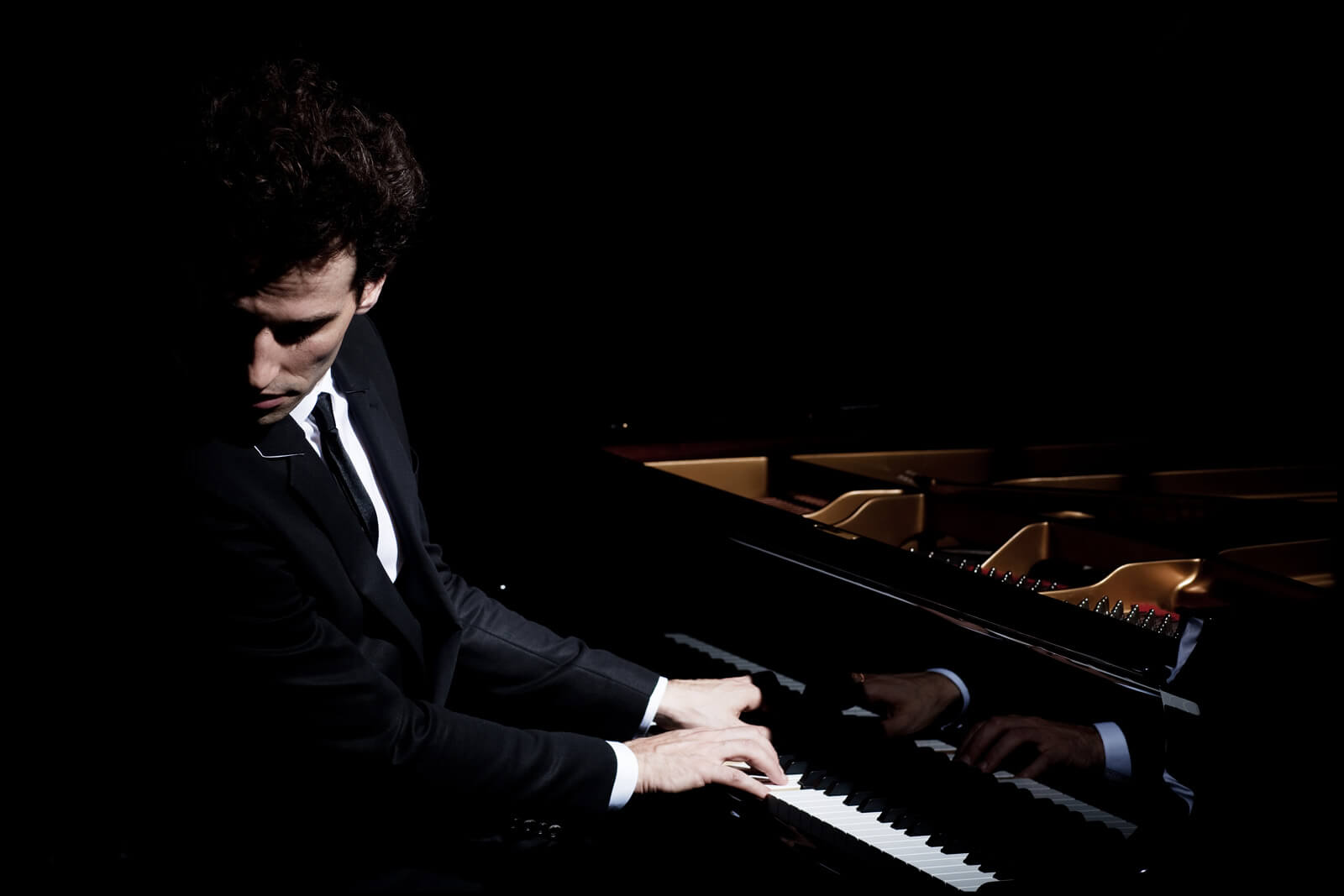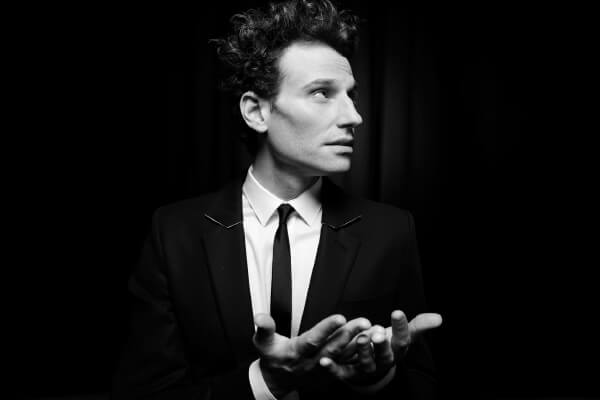Programme
Chapter I
JANÁČEK
The Owl has not Flown Away! from On an Overgrown Path (4′)
LULLY
Les Sourdines from Armide (3′)
JANÁČEK
Words Fail! from On an Overgrown Path (2′)
Chapter II
BEETHOVEN
Bagatelle, Op. 126, No. 4 (4′)
CRUMB
The Magic Circle of Infinity from Makrokosmos (2′)
BEETHOVEN
Bagatelle, Op. 126, No. 5 (2′)
Chapter III
LIGETI
Musica Ricercata, No. 8 (1′)
BACH
Contrapunctus 1 from The Art of Fugue (3′)
LIGETI
Musica Ricercata, No. 7 (4′)
Center of the Labyrinth - Chapter IV
GRANADOS
El Amor y la Muerte from Goyescas (13′)
Chapter V
SATIE
Pièce Froide No. 2, from Danses de travers (1′)
C. P. E. BACH
Fantasy in D minor (1′)
SATIE
Pièce Froide No. 3, from Danses de travers (2′)
Chapter VI
PELZ
Repetition Blindness : Chapter I (3′)
MARAIS
Chaconne, from Le Labyrinthe (arr. Greilsammer) (3′)
PELZ
Repetition Blindness : Chapter II (3′)
Chapter VII
SCRIABIN
Nuances from Pieces Op. 56 (1′)
REBEL
Le Chaos from Les Éléments (arr. Keren) (10′)
SCRIABIN
Vers la Flamme, Op. 72 (6′)
Introduction
I was about fifteen years old when it happened. It was a peaceful spring evening, filled with nocturnal bird songs that seemed to come from afar. The barking of a stray dog resonated like a mysterious call, a strange premonition of things to come. Did the animal wish to tell me something? To this day, I can still hear the dog’s restless, intense voice. But little by little, sleep was taking over me. Everything felt harmonious and peaceful at first, but eventually, that very night would become a decisive moment – one that would change me and push me to become the person I am today.
Suddenly, the dream appeared. There had been no sign in advance, no preface, no initiation, no prelude. There I was, standing, surrounded by the walls of this immense and infinite labyrinth. I had never seen such a remarkable edifice – it was both terrifying and miraculous. An inevitable, relentless energy was forcing me to advance, like a desperate need to search for something. To discover what, exactly? A way out? An escape path? A revelatory sign? I ran frenetically in this interminable maze, opening doors, walking back, starting again, getting lost, feeling scared.
Time was stopping, then accelerating, and everything around me seemed so unreal, dense, and fierce. I kept walking, for many hours, perhaps weeks, perhaps years. Have I definitely drifted away? I stopped, breathless, only to begin once more, rushing, falling, losing my mind. Suddenly, I heard sounds; they were bizarre, abstract, attractive, and so I let them guide me and take me by the hand. No, it was not a melody, but rather fragments of numerous sonorities that were staring at each other, like stars in a galaxy, quietly gazing at one another. They seemed to be illuminating my way, accompanying me to the center of the labyrinth.
Here we are. The moment of encounter has arrived. It was inevitable. I knew it would come.
This dream, or this nightmare, has returned to haunt me continuously for many years. It did not leave me, triggering doubts and sleepless nights, causing both excitement and anxiety. It challenged my beliefs, my emotions, and my strongest convictions. Of course, I would discuss this situation with several people around me, but my questions remained unresolved, and the dream’s appearance seemed to be accelerating, becoming more frequent over time.
So, one day, I decided to stop talking about it. Instead, I decided to start searching for this labyrinth in order to reconstruct it and make it exist. Yes, this need was now burning inside of me. The only way to move forward and find peace was to recreate this maze with music, trying to reinvent the many pieces of this infinite puzzle, with the help of the sounds I had heard during my voyage, night after night. It had become a visceral necessity. This is how, following several years of intense exploration, this programme was born.
Like every personal journey, it was not the truth that I was looking for. Rather, I was hoping to make this labyrinth my own, revealing its patterns, its secrets, and its colours, like the discovery of an ancient fresco that had been hidden in the dust for thousands of years. I will never know if I truly found the sounds that have appeared in my dream, nor the order in which they have emerged. But one thing I do know: little by little, the dream started disappearing from my life, like a distant memory, fading away, evaporating into the horizon of memory.
— David Greilsammer
Programme Notes

How do you express such a personal and intimate journey with music? How do you bring together different pieces in order to recreate an odd dream that has occurred in the heart of a labyrinth?
Thanks to its captivating, singular, and troubling architecture, a labyrinth gives us the opportunity to undertake an extreme initiatory voyage, allowing us to completely lose our usual landmarks, to question ourselves intensely, and to search for bold new paths. Starting in the age of Antiquity, and throughout numerous ancestral mythologies, the labyrinth has always been a symbol of individual quest – a magical territory that pushes humans to explore the most distant depths of their souls. This is why works by Janáček and Scriabin – two visionary, daring, and mystical composers – were selected to represent the entry and exit gates of this maze.
Despite its hypnotic appearance, the labyrinth is a structure that demands from its visitor to immediately act: once inside, you must move forward, go back, start again, observe, decide, change direction, run, stop abruptly, reflect, imagine, dream, hope, and reinvent yourself entirely. When I decided to initiate this voyage with sounds, it seemed vital to present it with a series of chapters, like a novel, comprised of several short stories. This labyrinth is therefore made of seven musical chapters, intensely connected to one another – each one representing a new segment of the trip.
At the center of the maze, when the crucial moment of the encounter finally arrives, we hear Granados’s Love and Death, one of the most poignant pieces of the piano repertoire. Unlike the six other chapters of the voyage – each one comprised of three parts – this chapter stands by itself in one segment, like a solitary and luminous lighthouse, at the edge of a cliff, facing the immensity of the ocean.
Frequently, in our dreams, past and present merge with one another, erasing any sense of time, space, or chronology. In this odyssey, music from the past comes together with sounds of our present days, while complete pieces unite with brief fragments. In other moments, works that had been originally composed for orchestra, or for different kinds of instruments, transform themselves into pieces for solo piano. This is how Jean-Féry Rebel’s Chaos, a wild and unpredictable orchestral piece written in the 18th century, found its place in this programme, with a new arrangement by Jonathan Keren. Its modernity is as stupefying as the one we can find in pieces by Ligeti and Crumb, or in Ofer Pelz’s Repetition Blindness, a work that has been created especially for this project.
Every labyrinth is, naturally, much more than just a personal journey. It also gives us the opportunity to question our rituals, our traditions, as well as our social, political, and civil history. Its form, so ambiguous and intense, forces us to challenge our collective memory, leaving behind our past in order to embrace the future with more confidence and determination. By embarking on this voyage, it has also been my wish to challenge the idea of the classical concert, hoping to find alternative routes that would give birth to new ways of performing a solo recital in the 21st century. While undertaking this mission, I felt deeply inspired by Goethe’s magnificent words: ‘What a man does not know, or has not thought of, wanders in the night through the labyrinth of the mind’.
— David Greilsammer
Biography
David Greilsammer, piano

Recognised as one of today’s most audacious conductors and pianists, David Greilsammer has been invited to perform in the world’s greatest concert halls, presenting innovative projects, bold interpretations, and ground-breaking encounters between different artistic genres and disciplines.
Released by Naïve, his most recent solo album, Labyrinth, has received numerous prizes and has been described by the press as ‘radical’, ‘courageous’, and ‘astounding’. His other recordings as conductor and pianist, released by Sony Classical, have been awarded many distinctions, including from The New York Times, The Boston Globe, and The Sunday Times.
Acclaimed for his Mozart interpretations, David Greilsammer has performed all of Mozart’s Piano Sonatas in a one-day “marathon” in Paris, in addition to playing and conducting all of Mozart’s twenty-seven Piano Concertos in nine consecutive concerts. As a conductor, he has been a passionate performer of both Baroque and Contemporary music, in addition to revealing unique interpretations of the major symphonic masterpieces, from Beethoven to Ravel, Shostakovich, and Stravinsky.
David Greilsammer has appeared as conductor/soloist with the BBC Philharmonic, San Francisco Symphony, Tokyo Metropolitan Symphony, Hong Kong Philharmonic, Symphoniker Hamburg, Orchestra Sinfonica della RAI, Beijing National Symphony, Israel Symphony, Philharmonique de Radio France, Orchestre National du Capitole de Toulouse, and Orquesta Sinfónica Nacional de México.
After conducting at the Geneva Opera House, this season he conducts the pioneering opera “Alice” at the Avignon Opera House in France.
Since 2013, David Greilsammer has been Music and Artistic Director of the Geneva Camerata (GECA), one of the most eclectic and adventurous orchestras worldwide. With GECA, he has presented visionary multi-disciplinary performances at the Berlin Philharmonie, Hamburg Elbphilharmonie, Théâtre des Champs-Élysées in Paris, 92Y in New York, Tokyo Musashino Hall, Seoul Arts Center, and Sala São Paulo.
In 2022, David Greilsammer was also appointed as Chief Conductor and Music Director of the Medellín Philharmonic in Colombia, one of the leading orchestras in Latin America, as well as a Grammy winner and a recipient of the Classical:NEXT Innovation Award.
Always revealing thrilling programmes, David Greilsammer’s piano recitals have been presented at Lincoln Center in New York, Kennedy Center in Washington, Amsterdam Concertgebouw, Wigmore Hall in London, Théâtre du Châtelet in Paris, Verbier Festival, Oriental Art Center in Shanghai, Venice Biennale, and The National Theatre of Namibia.
Podcast
David Greilsammer introduces the programme on this podcast
(Please do not play the Podcast during the concert)
The content of this programme does not reflect the views of the Government of the Hong Kong Special Administrative Region.














